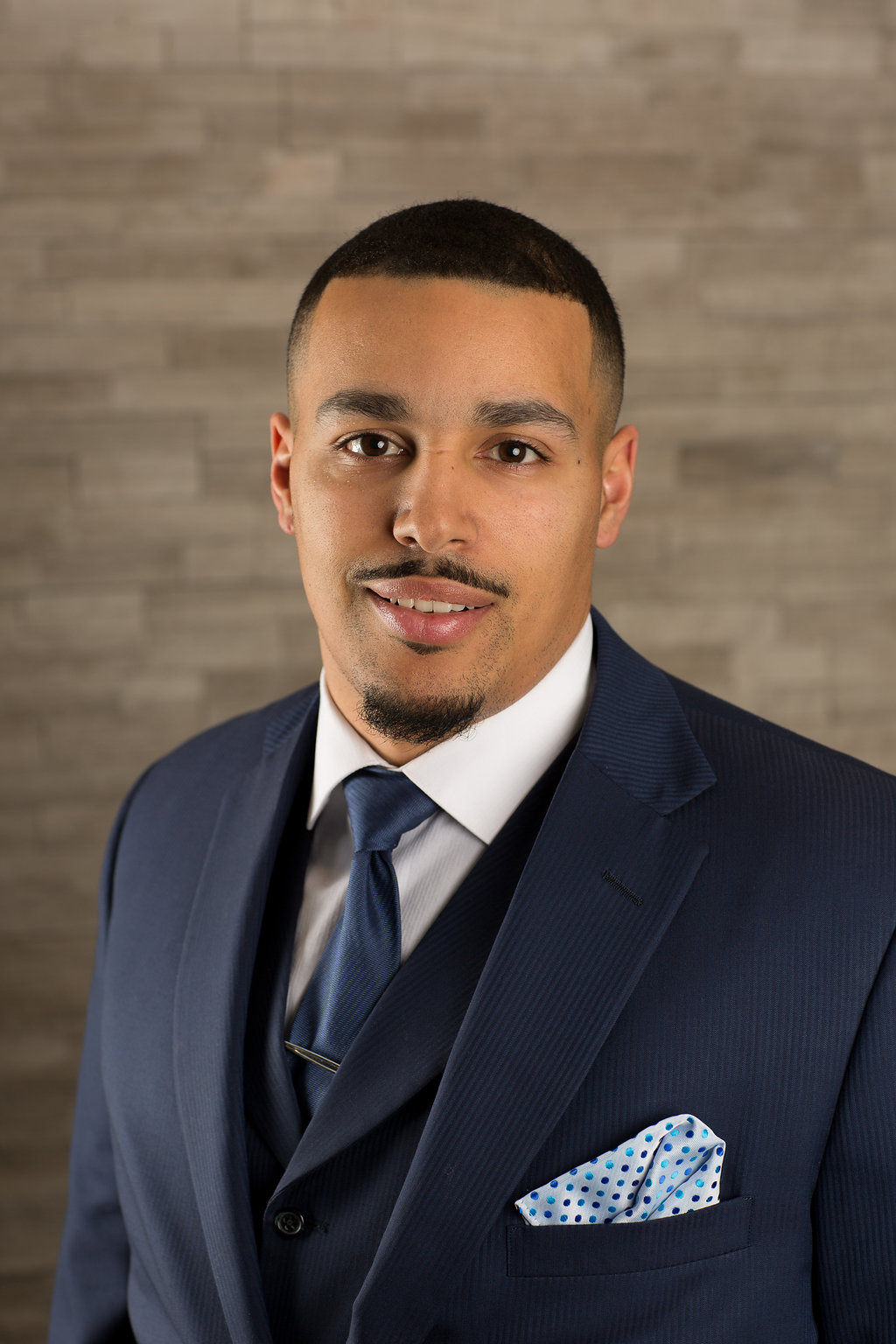Author: Stoy Hall, CFP
After reading that headline, you might be thinking to yourself, “I don’t have enough money or assets for a personal wealth advisor,” or “I’m too young for that.” I’m here to nip those nagging thoughts in the bud: every small business owner should have a wealth advisor, bottom line. The difference is that some folks may need more in-depth advice and planning, while others will need something simpler.
Below we’ll explore what to look for (and why) in your advisor.
More than an advisor
A true wealth advisor does so much more than offer financial advice. Your wealth advisor is a counselor who can help you to through the tough times; a planner who creates a detailed plan to help raise your net worth and hit your goals in all stages of life; an investment advisor that helps you make the best investment decisions; but most importantly, your wealth advisor is your friend – this is key! It’s important to have a trusting and close-knit relationship with your advisor, that way everyone is on the same page and working together to achieve your desired outcomes.
How to find a wealth advisor
I would start by asking your friends about their wealth advisor or financial planner, then do your own research. That might include looking at their website, LinkedIn and Facebook profiles. You should always get to know a bit about the advisor or their firm before you have a sit-down meeting.
While you are doing this research and interviewing potential wealth advisors, ask these five core questions:
Are you a fiduciary or not?
Do you have any credentials? (looking for CFP®, Certified Financial Planner)
How do you make money? (Fee only, Fee-based, Commissioned Based)
What areas of service do you cover? (Investments, Financial Planning, Tax, Estate, Retirement & Benefits, Business)
Why do you the work you do?
These questions can give you a lot of information about an advisor and how they manage their business – and can help you identify any red flags right away.
One key red flag is if an advisor is not a fiduciary, which means that they are not legally bound to do what is in your best interest. This can obviously become quite problematic when it comes to compensation, investment and planning decisions. Fiduciary, as defined by the CFP® Board means, “one who acts in utmost good faith, in a manner he or she reasonably believes to be in the best interest of the client.”
Credentials
When you see a wealth advisor with the credentials CFP® or CHFC, then you know that they are experienced (typically four years or more), but it’s also a sign that they have undergone appropriate schooling and taken one of the single hardest exams out there! Those who have earned these credentials are dedicated to their craft.
Fees
Ah, the all-important fee conversation. A lot of advisors get shy or clam up when this conversation arises, and to be honest, most clients do the same. At the end of the day, it all comes down to making money – for the advisor and for the client.
The three ways wealth advisors make money are:
Percentage of AUM (assets under management; avg. is 1 percent of assets),
Hourly wage ( typically $200-250 per hour)
Commission-based pay (1-5 percent of invested assets)
Our firm uses a net worth model, which is a fixed monthly cost that scales up as we grow your net worth ($175-$1200 a month, selfishly my favorite!). A good wealth advisor (fiduciary with CFP®) will fall in the AUM, hourly, or net worth buckets, as these models allow them to do what is in the client’s best interest (this is very important!).
Services
Figuring out what your wealth advisor does or can do is key. Talk with your potential advisor about what type of planning their firm offers: tax, investments, benefits, retirement, wealth, estate, business – or all of the above. Some firms may offer all of these services, and some may partner with other firms to provide these services or other recommendations. If you are working with a firm that partners with others to provide specific services, make sure you feel as if they are a team with their other partners – and that they’re really working together to help you get the best financial outcomes. Make sure your wealth team is just that – a team – and not a group of individuals working on the same project.
What’s your motivation?
This is my favorite question for a potential wealth advisor, and for me, one that holds a lot of weight. Learning about a person’s passion for their work and the reasons those chose this industry can provide a lot of insights into their personality and can help build a sense of trust. This question is, in my opinion, the first step to building a solid relationship with your advisor.
Stoy Hall, CFP: Born and raised in Omaha, Nebraska, I grew up in a family that was not financial independent. I realized at a young age that my path to independence would be through sports, and chose to go to Drake University to play football (my subconscious was telling me to get an education). At Drake I earned my degree in Finance with concentrations in business law and insurance, and experienced one of the most important events in my life: meeting my wife. While in college I worked at the Boys & Girls Club of Central Iowa, where I narrowed in on what I wanted to do in my career. After witnessing the effects of financial illiteracy on families, I became passionate about giving individuals and families the tools to become more financial empowered which lead me into the world of financial services and the work I do today. I live with my wife Michelle and our two boys (Lincoln, 4 and Croix almost 2) in Ankeny, Iowa. Find me on Linkedin, Facebook, Twitter, and Instagram.


